When I create a PDF form (for instance using Acrobat) that contains text fields in AcroForm format (PDF dictionaries, no XFA), and I submit the data to a server, how can I specify/retrieve the encoding that will be used?
For instance. When I submit the Chinese glyphs '测试' (test), I receive the following headers and content on the server-side:
accept: application/x-ms-application, image/jpeg, application/xaml+xml, image/gif, image/pjpeg, application/x-ms-xbap, application/vnd.ms-excel, application/vnd.ms-powerpoint, application/msword, */*
content-type: application/x-www-form-urlencoded
content-length: 23
acrobat-version: 10.1.4
user-agent: Mozilla/4.0 (compatible; MSIE 8.0; Windows NT 6.1; WOW64; Trident/4.0; SLCC2; .NET CLR 2.0.50727; .NET CLR 3.5.30729; .NET CLR 3.0.30729; Media Center PC 6.0; MDDC; .NET4.0C; AskTbCLA/5.15.1.22229)
accept-encoding: gzip, deflate
connection: Keep-Alive
Song=%b2%e2%ca%d4&Test=
There's no reference to an encoding, except x-www-form-urlencoded. The two glyphs are represented as four bytes: B2 E2 CA D4. After some investigation, I know that B2E2 is the GBK value for the first glyph, and CAD4 the GBK value for the second glyph, but I can't derive this from the request header.
Is it always GBK? I want to change the data encoding by setting a specific key in a dictionary in the PDF, but there doesn't seem to be any. For instance: I would like make sure the PDF always sends Unicode characters instead of GBK.
Note that I've already experimented by changing the default font (and encoding) of the text field. I've also searched ISO-32000-1 for encodings in fields, but all I found was a way to define non-Latin characters for check boxes, and some info about the encoding of an FDF file. None of which answered my questions.
